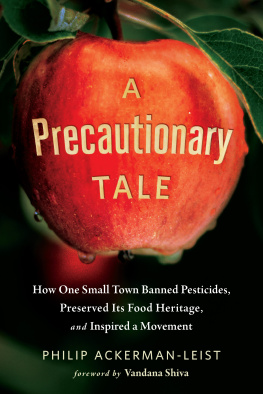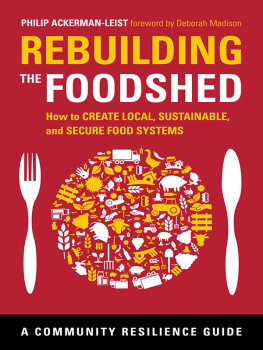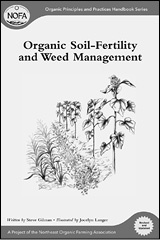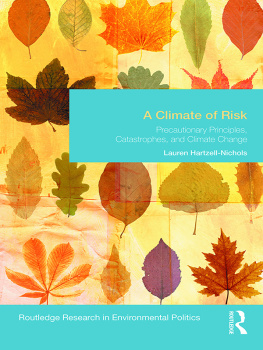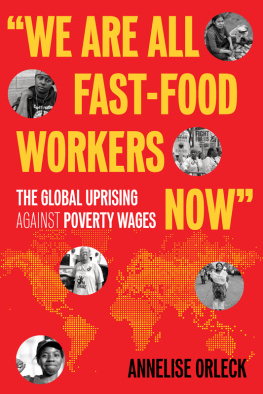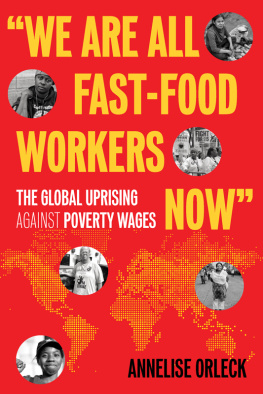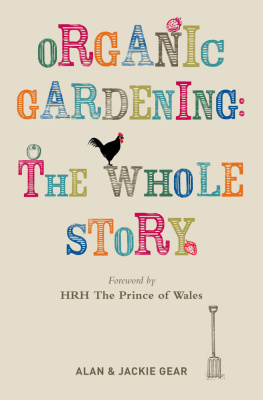PRAISE FOR A PRECAUTIONARY TALE
An inspiring tale of citizen science and community action.
RAJ PATEL , author of Stu ffed and Starved: Th e Hidden Battle for the World Food Syste m
Ackerman-Leist tells the story of how a small town took on the powerful forces of chemical agriculture and not only won, but created a template that anyone seeking a poison-free environment anywhere in the world can follow.
BARRY ESTABROOK , author of Tomatoland and Pig Tales
Climate change, xenophobia, war, hunger, madmen and autocrats running the world. Its easy to feel paralyzed when faced with the enormity of our modern dilemma. Philip Ackerman-Leists A Precautiona ry Tale gives us hope, and provides us with a real-life tale of regular folk who stood up to the Goliath that was about to swallow their community, and succeeded. This book is living proof that even against overwhelming odds we have enormous power in and around the places where we live.
MICHAEL ABLEMAN , farmer; author of Street Farm : Growing Food, Jobs , and Hope on the Ur ban Frontier
A Pre cautionary Tale is the hopeful message we all need! Philip Ackerman-Leist shows us that we still have the power, as citizens, to gather and change the reality of our daily lives. The people from Mals could be you and me. They have proven that working for empowerment is not in vain. Indeed, they have managed to defeat giant corporations. And they remind us that we cant let despair or sadness paralyze us, that we can trust the strength of community, and that we must do our part and act.
PERRINE AND CHARLES HERV-GRUYER , authors of Mir aculous Abundance
Many, many thanks to Philip Ackerman-Leist for telling us the wonderful story of Mals, the town in Italy that decided to ban the use of pesticides! This story is extremely inspiring for us all. It shows that there is a way out of the actual dependency of our agriculture on pesticides, and that a group of informed and active citizens, together with brave local politicians, can change the world for the better. May this excellent book inspire communities all around the worldand our politicians, too!
FRANOIS VEILLERETTE , chair, Pesticide Action Network Europe
Also by Philip Ackerman-Leist
Rebuilding the Foodshed: How to Create Local, Sustainable, and Secure Food Systems
Up Tunket Road: The Education of a Modern Homesteader
Copyright 2017 by Philip Ackerman-Leist
All rights reserved.
Key quotations from the characters in this book have been translated by the author and others from German into English.
No part of this book may be transmitted or reproduced in any form by any means without permission in writing from the publisher.
Editor: Joni Praded
Project Manager: Angela Boyle
Copy Editor: Laura Jorstad
Proofreader: Paula Brisco
Indexer: Shana Milkie
Designer: Melissa Jacobson
Printed in Canada.
First printing October 2017.
10 9 8 7 6 5 4 3 2 1 17 18 19 20 21
Our Commitment to Green Publishing
Chelsea Green sees publishing as a tool for cultural change and ecological stewardship. We strive to align our book manufacturing practices with our editorial mission and to reduce the impact of our business enterprise in the environment. We print our books and catalogs on chlorine-free recycled paper, using vegetable-based inks whenever possible. This book may cost slightly more because it was printed on paper that contains recycled fiber, and we hope youll agree that its worth it. Chelsea Green is a member of the Green Press Initiative ( www.greenpressinitiative.org ), a nonprofit coalition of publishers, manufacturers, and authors working to protect the worlds endangered forests and conserve natural resources. A Precautionary Tale was printed on paper supplied by Marquis that contains 100% postconsumer recycled fiber.
Library of Congress Cataloging-in-Publication Data
Names: Ackerman-Leist, Philip, 1963- author.
Title: A precautionary tale : the story of how one small town banned pesticides, preserved its food heritage, and inspired a movement / Philip Ackerman-Leist ; photographs by Douglas Gayeton ; foreword by Vandana Shiva.
Description: White River Junction, VT : Chelsea Green Publishing, [2017] | Includes bibliographical references and index.
Identifiers: LCCN 2017024437| ISBN 9781603587051 (pbk.) | ISBN 9781603587068 (ebook)
Subjects: LCSH: Farms, Large--Italy--Malles Venosta. | Farm corporations--Italy--Malles Venosta. | Protest movements--Italy--Malles Venosta. | Pesticides--Government policy--Italy--Malles Venosta. | Malles Venosta (Italy)
Classification: LCC HD1471.I82 A25 2017 | DDC 338.10945/383--dc23
LC record available at https://lccn.loc.gov/2017024437
Chelsea Green Publishing
85 North Main Street, Suite 120
White River Junction, VT 05001
(802) 295-6300
www.chelseagreen.com
To my Brunnenburg family
Mary, Sizzo, Brigitte, Patrizia, Graziella, Michi, and Nik and in memory of Boris and Lois
CONTENTS
FOREWORD
Mals, a small village in South Tirol, has shown once again the truth in the famous words of Margaret Mead: Never doubt that a small group of thoughtful, committed citizens can change the world; indeed, its the only thing that ever has.
I feel honored that I had a chance to support the movement for Mals to become pesticide-free, and also to write the foreword to Philip Ackerman-Leists book, A Precautionary Tale , about the courageous and creative citizens of Mals.
For more than a century, a poison cartel has experimented with and developed chemicals to kill people, first in Hitlers concentration camps and the war. These chemicals were later sold as inputs for industrial agriculture.
The poison cartel I refer to here is the handful of global corporations that push chemicals and genetically modified organisms (GMOs) in farmingBayer/Monsanto, Dow/Dupont, Syngenta/ChemChina. Killing is their expertise.
In India, a country of small farmers, the assault of the poison cartel has driven millions off the land and pushed 300,000 farmers to suicide due to debt for costly seeds and chemicals. The genetically modified (GM) seeds have failed to control pests and weeds. Instead they are creating super pests and super weeds, trapping farmers deeper in debt.
And it is not just farmers who are dying. Our soil organisms and pollinators are dying. Our soils are dying. Our societies are dying. Our children are dyingbecause of diseases caused by food loaded with toxics.
Pesticide pollution knows no boundaries, and the pesticide sprays contaminate entire ecosystems, our food, our water. These corporations take away our right to be free from harm.
They do not poison just people, our farms, and our food; they poison regulatory systems and science. Corruption of science, of regulation, of centralized governments is their expertise.
The agrochemical industry and its new avatar, the biotechnology industry, do not merely distort and manipulate knowledge, science, and public policy. They also manipulate the law and the justice system.
That is why the movement for freedom from poisons in our food and agriculture is the most important freedom movement in our times. It is a movement for the rights of the Earth, the rights of all species, of all peoples to be free from harm, to be healthy. It is a movement to protect the diversity of species, of cultures, of economies, of knowledge, of decision making from the local to the global.

